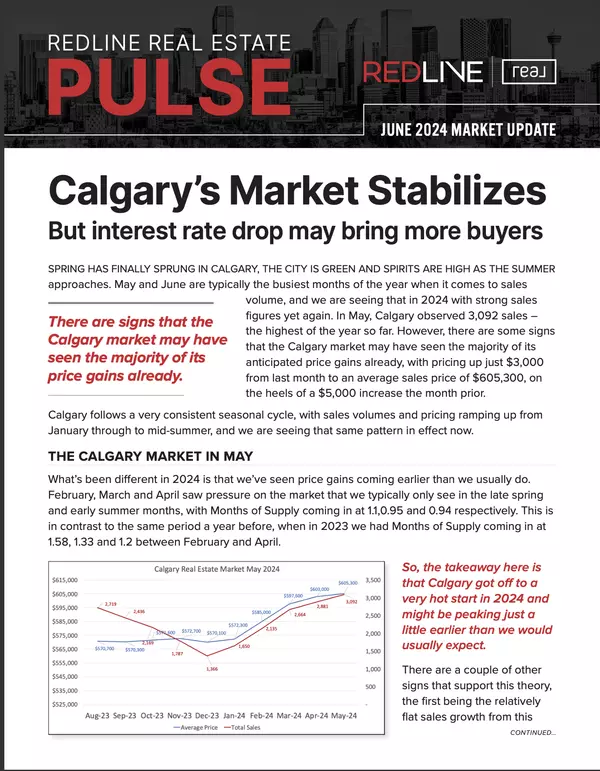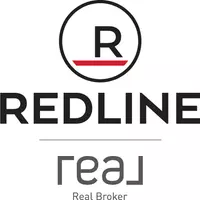-

**Calgary’s Market Stabilizes But interest rate drop may bring more buyers** SPRING HAS FINALLY SPRUNG IN CALGARY, THE CITY IS GREEN AND SPIRITS ARE HIGH AS THE SUMMER approaches. May and June are typically the busiest months of the year when it comes to sales volume, and we are seeing that in 2024
Read More -

THE HEAT IS ON! Tight Market Driving the Political Scene We are one third of the way through what is shaping up to almost certainly be another record-breaking year in Calgary real estate. Calgary finished off 2023 on a bit of a whimper, with six consecutive months of the average sales price being
Read More -

Population growth fuels a hot start for Calgary This month, we have some incredible news to share regarding Alberta’s population growth relative to the rest of the country, the effects of which have shifted Calgary’s real estate market into top gear several months earlier than expected. Tight supply
Read More Demystifying Closing Costs: A Guide to Home Buying Expenses in Calgary, Alberta"

When embarking on a home search and eventually becoming a new homeowner, there are various costs to consider, commonly known as closing costs. In Calgary, Alberta, these closing costs can vary, and it's essential to be aware of what to expect. Here is an overview of the typical closing costs in Calg
Read More
Categories


